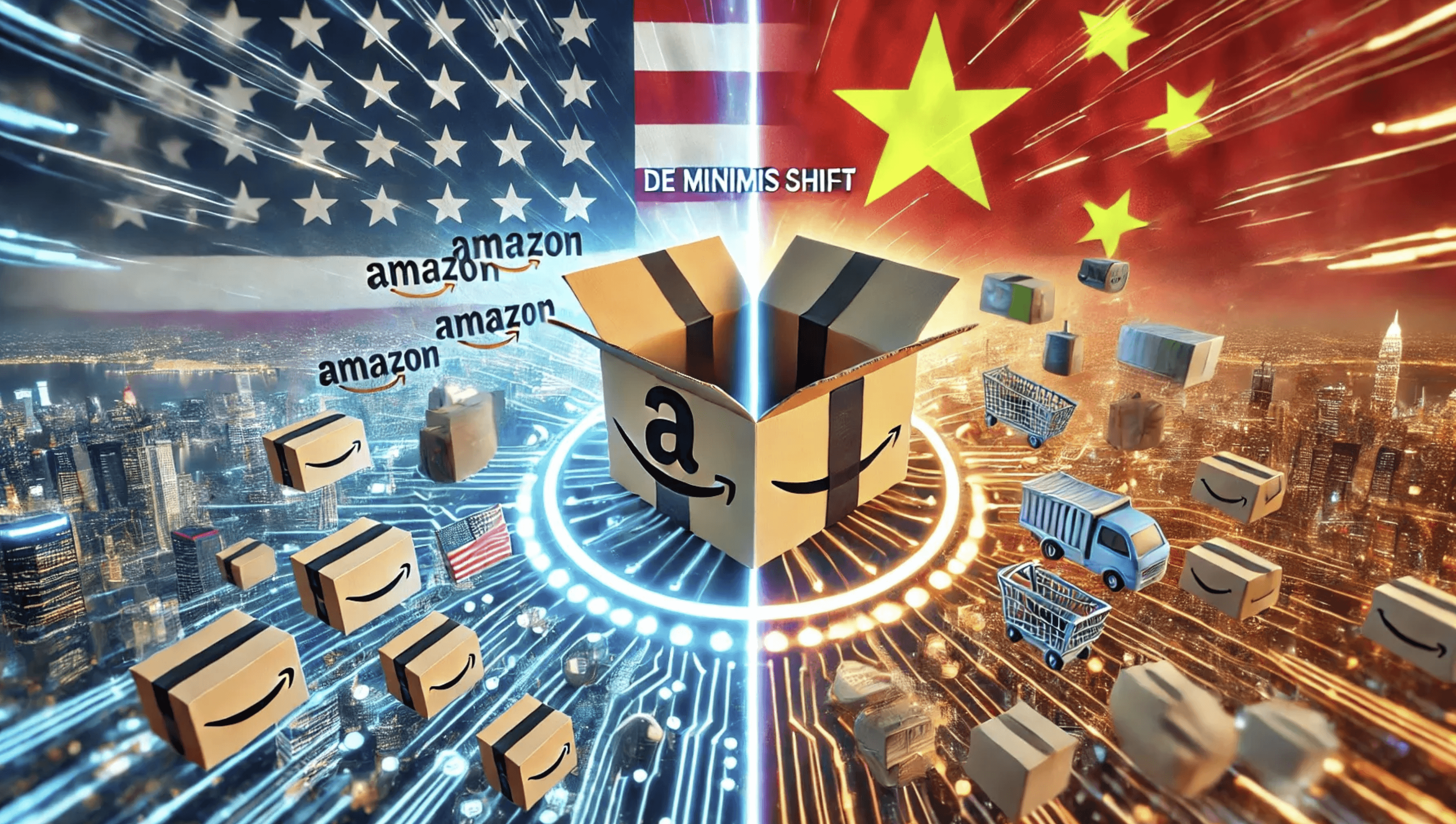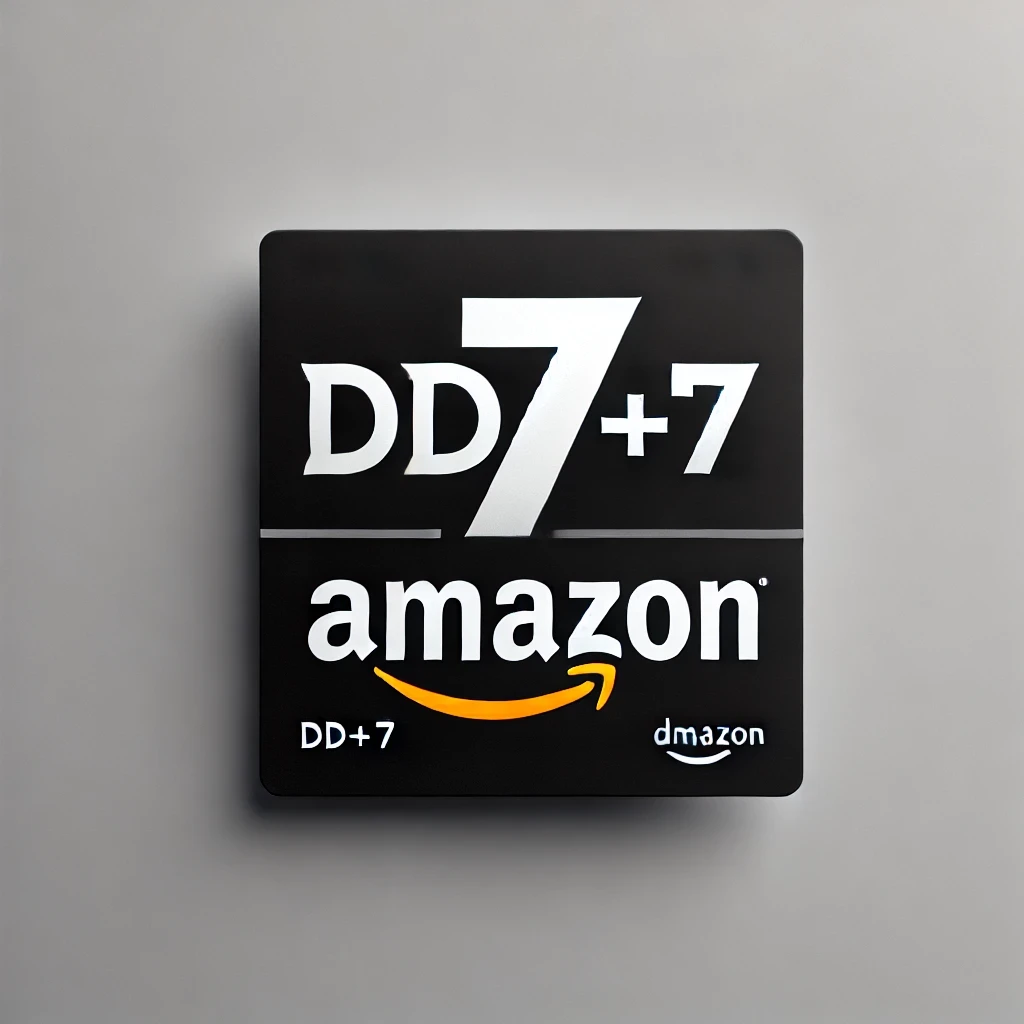US Ends 'De Minimis' Loophole: How It Impacts Chinese Retailers and Amazon Sellers
Oct 9, 2024

The US government is willing to change the current “de minimis” rules, which exempts large Chinese vendors from inspection and shipment tariffs on products valued under $800. The lawmakers claim that the big companies - such as Temu and Shein - make use of this policy as an advantage over other market competitors.
Key Takeaways
The products under the $800 “de minimis” threshold in the US, will now face tariffs as well as new inspection policies
This change will directly affect major Chinese market players like Shein and Temu
3P Sellers on Amazon will benefit from it, leveling it´s costs against Chinese sellers exploiting the loophole
How does the “de minimis” rule work?
The "de minimis" tariff rule was established under the Tariff Act of 1930 and currently exempts shipments with valuations below $800 from US customs inspection and taxes. This eases supply chain management for Chinese vendors, allowing them to deliver products at much lower prices to consumers.
This policy, within a U.S. commercial context where 25% fees are charged on export tariffs, allows major companies like Shein and Temu to use use the "de minimis" loop to expand their businesses in the US, having much lower costs compared to the other commercials.
Why does the US want to end the “de minimis” loophole?
Leveraging the “de minimis” loophole, Shein and Temu send individual products directly to customers rather than shipping them in bulk to warehouses. By doing so, they have been able to quickly expand their business, gaining significant market share over traditional US e-commerce players such as Amazon.
This growth pattern closed doors for many American companies seeking to grow in e-commerce and also jeopardized the regulations set by US Customs and Border Protection. Just in the past years, 18 US textile plants have been closed due to the flood of imports that have entered the US via the "de minimis" loophole, putting hundreds of American workers out of jobs.
US lawmakers are now willing to take decisive steps to stop Chinese retailers from flooding the market with cheap, tariff-free goods that hurt local trade.
Who will lose with the new policies?
The end of the “de minimis” loophole will directly affect the Chinese retailers that stand out for delivering low-priced products to consumers, such as Shein and Temu.
Since its rise, Shein has been recognized as the cheapest fast fashion mainly manufactured in China and Temu is a china based commercial that sells a variety of low priced items, from clothes to household items and electronics.
Both of them claimed they will remain committed to delivering value to their consumers despite the new measure. However, accordingly to he American Action Forum, a right-leaning policy group, has estimated that getting rid of the “de minimis” exemption would result in "$8bn to $30bn in additional annual costs that would eventually be passed on to consumers” making them also one of the loosers.
Who will be the winners?
Once the shipping costs between major Chinese retailers and Amazon sellers is leveled up, new sales opportunities will arise within this market.
By losing one of its biggest value propositions to customers—the lower prices offered ‘ the chinese vendors will become weaker competitors and open up market share for Amazon sellers to grow.
Conclusions
The US lawmakers are fighting against the “de minimis" loop in order to protect the US customers as well as the local sellers. Once approved and reviewed, this law will set Temu and Shein to be the big losers of this policy change, while Amazon 3P sellers seem to become the main winners.



